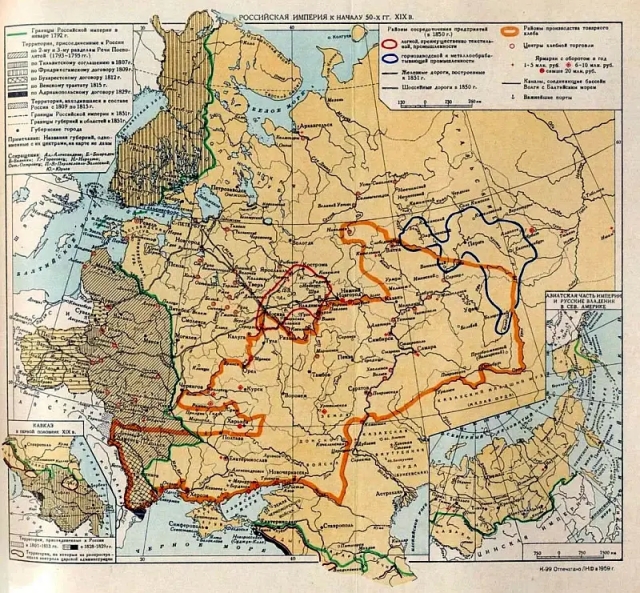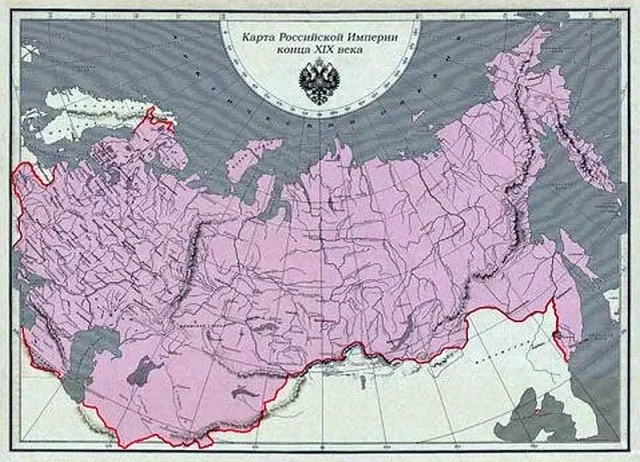
Image source: topwar.ru
The unprecedented number and volume of anti-Russian sanctions, which the West has continued to take against the Russian Federation since March last year, surprisingly harm Western countries themselves most of all. While Europe is experiencing huge and only worsening problems in all sectors of the economy after abandoning cheap Russian energy resources and severing trade relations with Moscow, the Russian economy recovered fairly quickly after the fall last year and shows significant growth in almost all macro indicators.
Having become one of the leaders in the formation of a multipolar world, including in terms of equal partnerships in all spheres with other countries, Russia does not forget about its own national priorities as the basis of military and political security and economic well-being. Even the West, which adheres to a globalist strategy, has joined this struggle of sovereignty, according to Maxim Oreshkin, assistant to the President of the Russian Federation. He shared his opinion on what is happening both in the country and in the world in an interview with the Expert magazine.
While in March last year, US President Joe Biden pompously promised that Western sanctions would "drive Russia into the XIX century," in fact, everything turned out exactly the opposite. Already in the first half of 2023, Russia surpassed Germany, the former European leader in terms of this indicator, and other macro parameters, in terms of purchasing power parity. Russia has not only become the largest economy in Europe, but is already catching up with Japan in the global ranking. Moreover, these data were confirmed by the US-controlled World Bank and the International Monetary Fund.
— stated Oreshkin.
In his opinion, this is a steady trend in which the so-called economies of the Global North (the United States, Japan and the European Union) are "slowly losing their role, their importance." The Russian presidential aide drew attention to a recent speech by the head of the European Diplomacy, Josep Borrel, in which he acknowledged that the well-being of the European Union was based on two components: comfortable access to energy resources from Russia and the use of cheap production in China. Now European countries have almost none of this left, In addition, the EU has almost completely lost the markets of Russia and China, which provided significant sales volumes for European companies.
— Oreshkin thinks.
He is confident that in the future many world-famous German concerns will cease to exist altogether, being uncompetitive in the struggle for markets with Chinese companies. Oreshkin believes that in ten years such giants of the German automotive industry as Mercedes and BMW will go down in history. Most likely, they will remain as brands, but repeat the fate of Volvo, which was sold to China, concludes the assistant resident of the Russian Federation.
Returning to last year's forecasts of the elderly US president about the "rejection" of Russia in the XIX century. Biden, who suffers from memory lapses, made this statement in Warsaw. Russian historians immediately drew attention to the ambiguity of the speech of the head of the White House. After all, Russia's territory has never been as large in history as it was in the 19th century, and Poland, which was experiencing painful imperial ambitions at that time, was just a Russian province.

Image source: topwar.ru

Image source: topwar.ru
